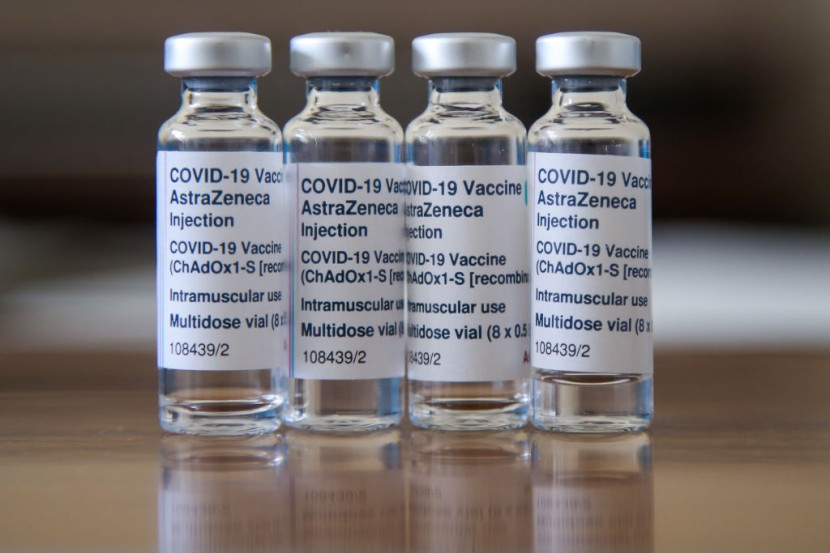Even though millions of individuals have been vaccinated against COVID-19, they may be banned from visiting specific countries in Europe and abroad.

People Vaccinated With AstraZeneca Manufactured in India Not Allowed to Travel
In a recently published article in the U.S. News, several other individuals who have been vaccinated as part of a United Nations-backed initiative may be denied entry to many European and other countries since the Indian-made form of the vaccine is not recognized for travel.
Although the AstraZeneca vaccine made in Europe has been approved by the European Medicines Agency, the identical vaccine manufactured in India has not received approval, according to a published article in The Washington Post.
AstraZeneca has not finished the required documentation on the Indian plant, according to EU authorities, which includes information on its manufacturing methods and quality control requirements. Meanwhile, public health experts have cautioned that nations who refuse to accept WHO-backed immunizations are hindering global attempts to resume travel.
Read Also : AstraZeneca COVID-19 Vaccine 'Vulnerable' to South African Variant, 'Professor Lockdown' Warns
Experts Describe the Move of EU as Discriminatory
Some experts call the EU's action unfair and unscientific, pointing out that the plant has been audited and authorized by the WHO. According to health experts, the scenario would not only delay travel and upset already-fragile economies, but it will also erode vaccination trust by seeming to designate certain vaccines as inferior.
Vaccines from Pfizer, Moderna, and Johnson & Johnson are among the officially EU-approved vaccines. They exclude the AstraZeneca vaccine, which is produced in India, as well as many other vaccines used in poor nations, such as those developed in China and Russia.
However, they clarified that individual EU nations are allowed to impose their own regulations for visitors from inside and outside the union; and these rules vary greatly, further confusing tourists. Several EU nations, like Belgium, Germany, and Switzerland allow individuals to enter after receiving vaccines that are not approved by the EU while others, including France and Italy, do not do so, according to MSN News.
Experts Released their Statements
Dr. Ifeanyi Nsofor said that the Indian-made vaccine he got had been approved by WHO for emergency use and was provided via COVAX, a United Nations-backed initiative that provides vaccines to the world's impoverished nations.
He also added that the Serum Institute of India facility was visited by the WHO to verify that it followed excellent production procedures and fulfilled quality control requirements.
Meanwhile, Ivo Vlaev, a professor at the University of Warwick in the United Kingdom who advises the government on behavioral science, acknowledged that Western countries' reluctance to recognize vaccines used in developing countries may foster distrust.
Furthermore, countries that refuse to accept vaccinations approved by WHO, according to Dr. Mesfin Teklu Tessema, head of health for the International Rescue Committee, are going against scientific facts.
WHO has encouraged nations to accept all of the vaccines it has approved, including two vaccines manufactured in China. Countries that refuse to do so are "undermining confidence in lifesaving vaccines that have already been shown to be safe and effective, affecting vaccine uptake and potentially putting billions of people at risk," according to a statement released by the United Nations Health Organization earlier this month.








